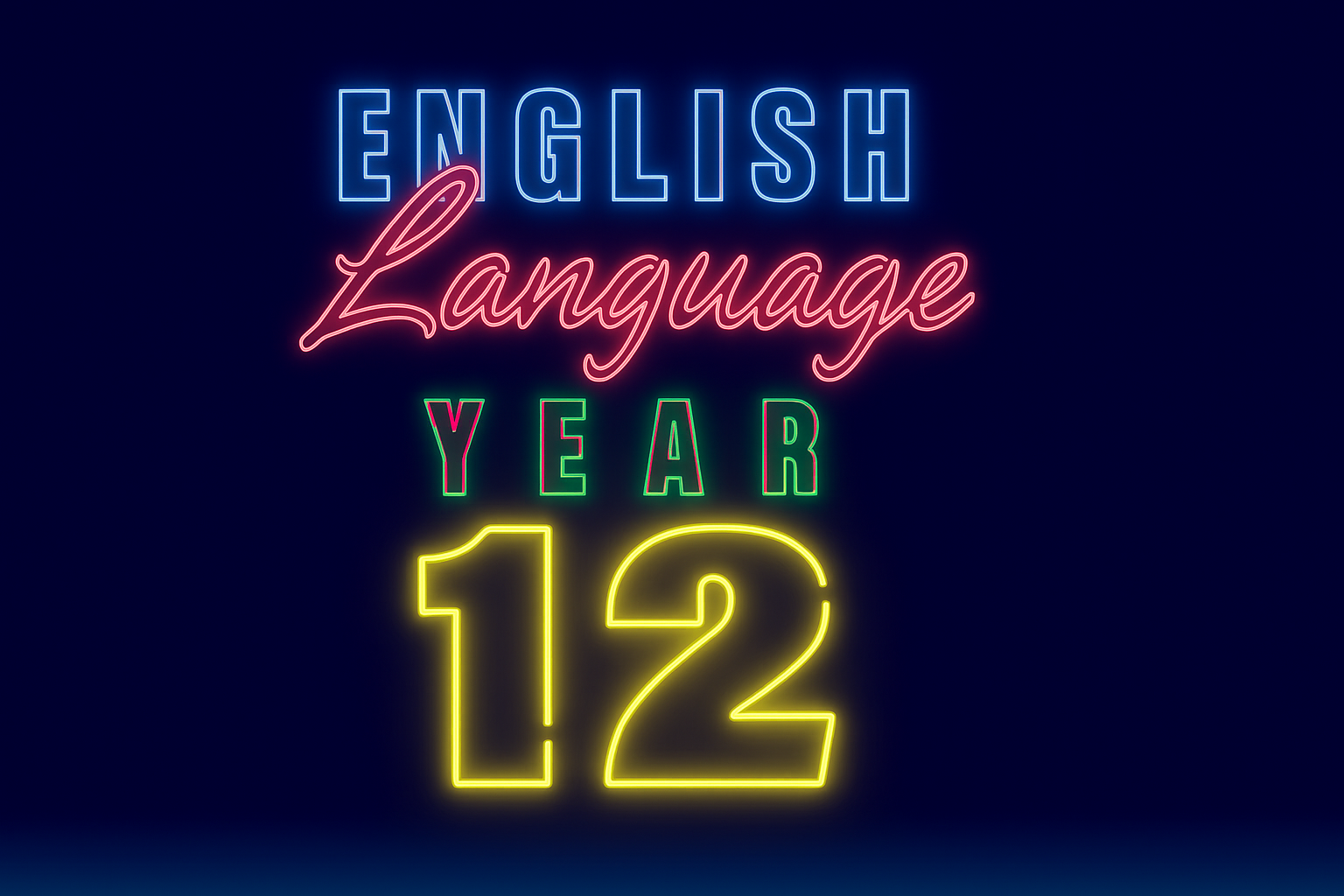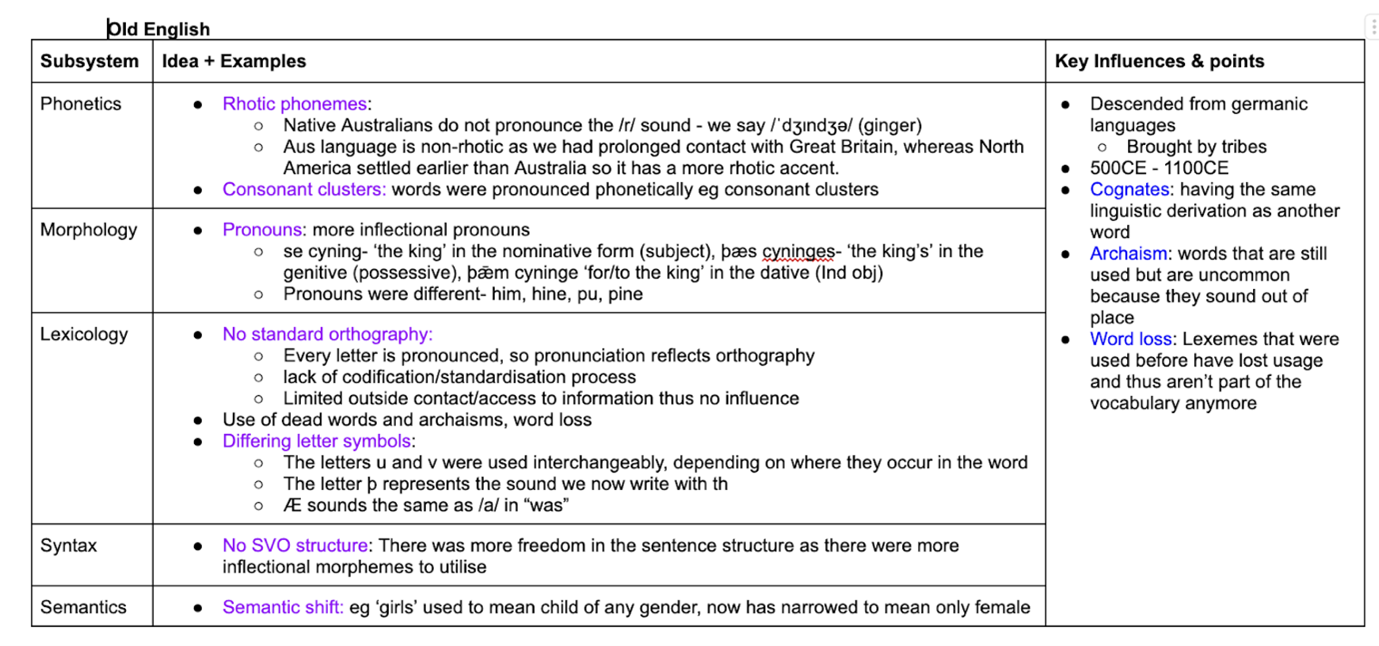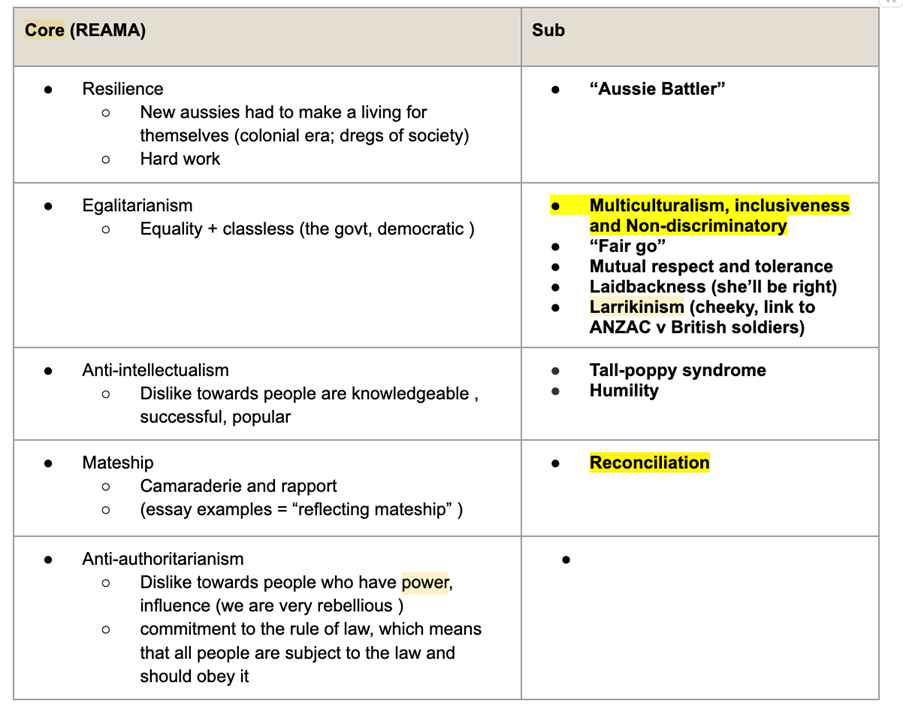
Hi everyone, my name is Poorva and I graduated from Mac.Rob in 2024, scoring a raw 46 in English Language 3/4. Today I’ll be guiding you through the VCE English Language Program for both Year 11 (Units 1/2) and Year 12 (Units 3/4).
If you are considering working with a VCE English Language Tutor, this guide will also give you insights into how the Study Design is structured and why preparation in Year 11 is so important.
Year 11: Laying the Foundation
Although much of the Year 11 Study Design is not directly relevant in Year 12, especially what you do in the second half of the year, it introduces metalanguage that will be vital for your internal and external coursework in the following year. Do not “take it easy in Year 11” because you will start VCE English Language 3/4 on the back foot.
Unit 1: Metalanguage Foundations and Child Language Acquisition
Building Metalanguage Knowledge
Typically, Year 11 teachers begin by teaching the important metalanguage required in Unit 4 Area of Study 1. This is broken down by subsystems:
- Phonetics/phonology
- Lexicology
- Morphology
- Syntax and semantics
- Discourse and pragmatics
Teachers often cross-reference with the VCE English Language Study Design to ensure everything is covered.
With the new Study Design, differences in metalanguage (such as new functions) were also highlighted.

Unit 1, Area of Study 2: Child Language Acquisition
This is not a major focus in Units 3 and 4, but it helps teachers introduce students to writing styles such as Short Answer Questions (SAQs), Analytical Commentary, and Essays. With the right guidance, even in Year 11 you can start practising the skills needed to succeed later.
Unit 2, Area of Study 1: English Through the Ages
This includes Old, Middle, Early Modern, and Modern English. While not directly assessed in Year 12, it’s a valuable opportunity to practise your metalanguage.

Unit 2, Area of Study 2: Varieties of English
Here you will cover pidgins, creoles, and English-based varieties. These provide useful examples later in essays, particularly when discussing ethnolects.
Year 12: Mastering the Program
The real work begins in Year 12. You should revise your metalanguage over the summer so you don’t forget it.
Unit 3, Area of Study 1: Informality
This area revisits subsystems but focuses on informal language. It’s also when you should begin building a contemporary evidence example bank with items like covert slang, profanity, netspeak, teenspeak, Australian slang, and neologisms.

Unit 3, Area of Study 2: Formality
Here you explore jargon, euphemisms, Standard Australian English, non-discriminatory language, and social harmony. You will also learn about coherence and cohesion. For example:
- Nominalisations depersonalise discourse.
- Agentless passivisation hides blame.
Unit 4, Area of Study 1: Language and Society
By now, you should be confident with all three writing tasks: SAQs, Analytical Commentary, and Essays. Examples to focus on include ethnolects, Aboriginal English, Australian slang, profanity, neologisms, Standard Australian English, and netspeak.

Unit 4, Area of Study 2: Identity
This explores how language reflects individual identity (age, gender, sexuality, occupation, interests, aspirations, and education). A new focus here is genderlects, comparing associations of men (aggression, efficiency, fight/violence) with those of women (sensitivity, makeup, natural imagery).
Why a VCE English Language Tutor Can Help
While you can prepare alone, having an experienced VCE English Language Tutor gives you access to structured strategies, assessor-level feedback, and personalised guidance. This can make a real difference when aiming for a Raw 40+ result.
If you’re looking for structured support, check out our VCE English Language Program, designed to help students excel with proven methods.
Final Thoughts
And that’s it! I hope I’ve unpacked Units 1–4 from the VCE English Language Study Design and given you a clear roadmap. With consistent practice, strong evidence collection, and the right support, you’ll be well-prepared to succeed in your VCE journey.
